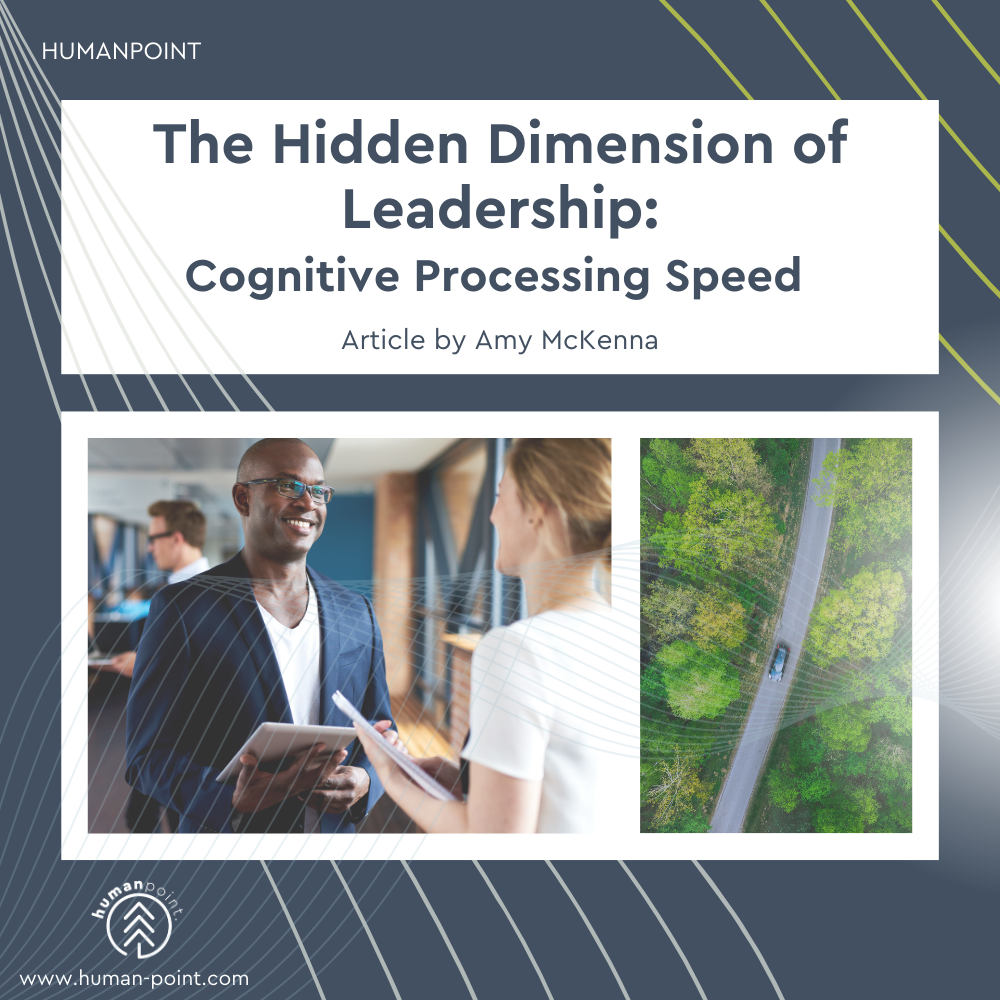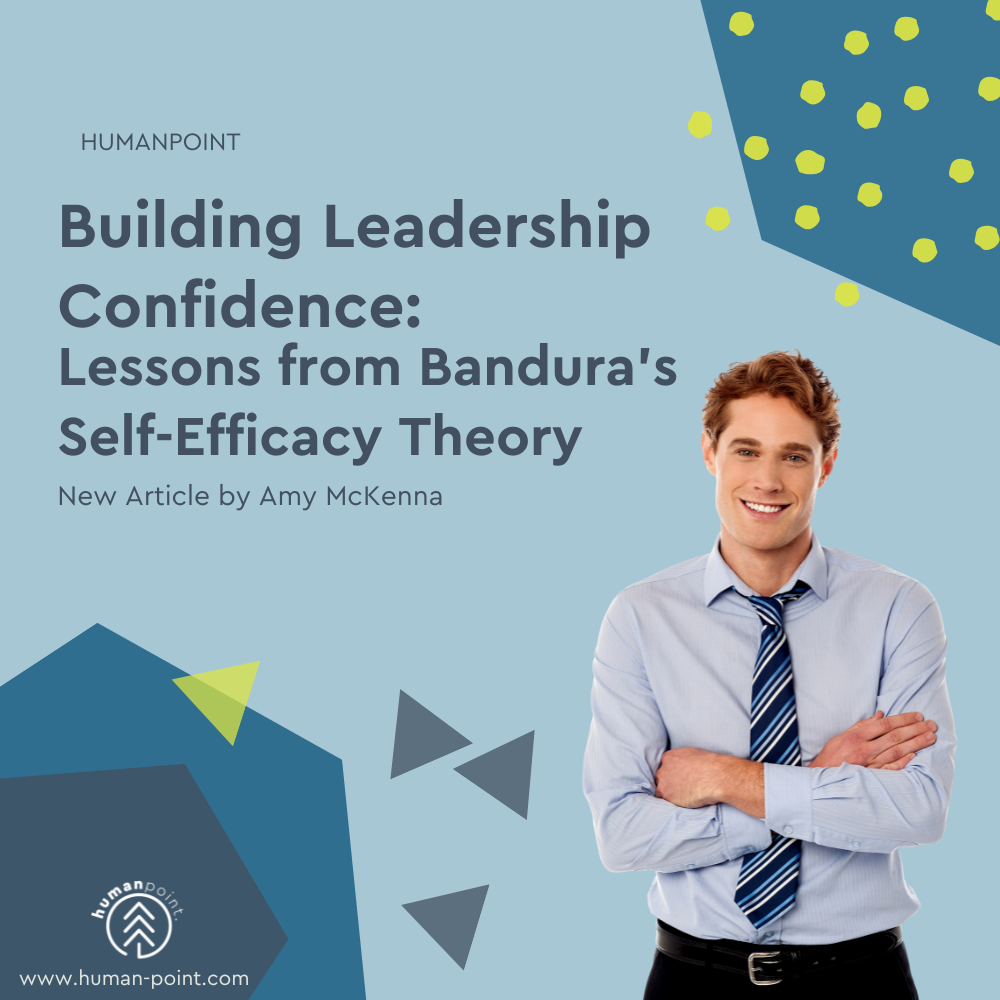People ask me all the time what the most important characteristic of a leader is. My answer is always the same: they know themselves, and they are authentic in their leadership. This quality—self-awareness—isn’t just a nice-to-have soft skill. It’s the bedrock upon which all other leadership capabilities are built.
Understanding Self-Awareness and Emotional Intelligence
Self-awareness is the cornerstone of what psychologists call emotional intelligence (EQ)—the ability to recognize, understand, and manage our own emotions while effectively recognizing and responding to others’ emotions. Emotional intelligence encompasses four key domains: self-awareness, self-management, social awareness, and relationship management. But it all starts with truly knowing yourself: your strengths, weaknesses, values, motivations, and the impact you have on others.
When leaders strengthen their self-awareness, it creates a ripple effect that elevates every other aspect of their leadership. They make better decisions because they understand their biases. They communicate more effectively because they know how their words land with different personality types. They build stronger teams because they can authentically connect with people from all walks of life.
What Research Reveals About Self-Aware Leaders
The research on self-aware leadership is compelling. Studies consistently show that leaders with higher emotional intelligence create more engaged teams, drive better business results, and navigate change more successfully. According to research by organizational psychologist Tasha Eurich, only 10-15% of people are truly self-aware, despite the fact that 95% of people believe they are self-aware. This gap between perception and reality is precisely where executive coaching becomes invaluable—part of our role as coaches is to provide a safe place for people to really learn how self-aware they are based on feedback, self-reflection, and deepening their awareness of self and others.
Self-aware leaders also demonstrate greater resilience during challenging times. They understand their emotional triggers and have developed healthy coping mechanisms, allowing them to remain steady and decisive when their teams need them most. This emotional stability becomes contagious, creating a more stable and productive work environment for everyone.
The AI Era Amplifies the Need for Human Connection
As artificial intelligence reshapes the workplace, emotional intelligence becomes our competitive advantage. While AI can process data, analyze patterns, and even simulate conversations, it cannot replicate the depth of human connection that comes from genuine empathy, intuition, and emotional resonance.
In our increasingly digital world, people are craving authentic human connection more than ever. They want to work for leaders who see them as whole human beings, not just resources to be optimized. They want to feel understood, valued, and connected to something meaningful. This is precisely what self-aware leaders provide—they create environments where people feel safe to be themselves and bring their best work forward.
The Skills Gap We Can’t Ignore
Here’s the challenge: the skills required to connect authentically with others aren’t always taught in traditional educational settings. Schools excel at teaching technical skills and academic subjects, but interpersonal skills, emotional regulation, and the art of human connection often get overlooked.
The COVID-19 pandemic has only amplified this skills gap. Years of remote work, social distancing, and digital-first interactions have limited our opportunities for the experiential learning that comes from face-to-face collaboration, reading body language, and navigating complex group dynamics in real-time. Many professionals, especially those early in their careers, have missed crucial developmental experiences in working effectively with diverse teams.
I know this firsthand because we end up coaching leaders at various levels in their careers in these areas when the missing experiences catch up with them and they become challenged. What should have been learned through natural workplace interactions now requires intentional development and coaching intervention.
The Investment Organizations Must Make
Forward-thinking organizations recognize that investing in self-awareness and emotional intelligence isn’t optional—it’s essential for sustainable success. This means providing tools, training, and methods that help team members build and strengthen their self-awareness capabilities.
This investment might include personality assessments, 360-degree feedback programs, executive coaching, mindfulness training, or structured team-building experiences that help people understand their working styles and communication preferences. The key is creating ongoing opportunities for people to learn about themselves and practice applying that knowledge in their daily interactions.
When Things Don’t Work Out
When team dynamics break down or individual contributors struggle, leaders often default to assuming it’s a skills deficiency. While technical skills gaps certainly exist, the root cause is frequently a culture fit issue. This might manifest as personality clashes, misaligned values, or simply an inability to connect meaningfully with other team members.
Self-aware leaders recognize these dynamics early and address them constructively. They understand that diversity of thought and personality can be a tremendous asset, but only when team members have the emotional intelligence to bridge their differences and work collaboratively toward shared goals.
The Path Forward
The leaders who will thrive in the years ahead are those who commit to the ongoing journey of self-discovery and authentic connection with others. They understand that technical expertise will always be important, but it’s their ability to inspire, motivate, and genuinely connect with people that will set them apart.
This isn’t about becoming perfect or having all the answers. It’s about being genuinely curious about yourself and others, staying open to feedback, and continuously growing in your capacity to lead with both competence and compassion.
In a world that’s becoming increasingly automated and digital, our humanity becomes our greatest leadership asset. At HumanPoint, we’ve seen this truth played out countless times—it’s the human connection, the authentic relationships, and the emotional intelligence that separate good leaders from truly transformational ones. As we move forward into an increasingly complex and interconnected world, the leaders who prioritize authentic human connection and self-awareness will be the ones who create lasting impact and build organizations that truly thrive.



